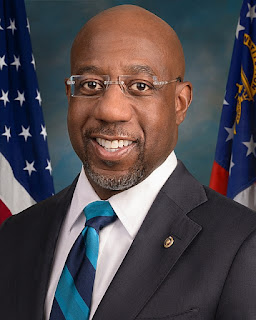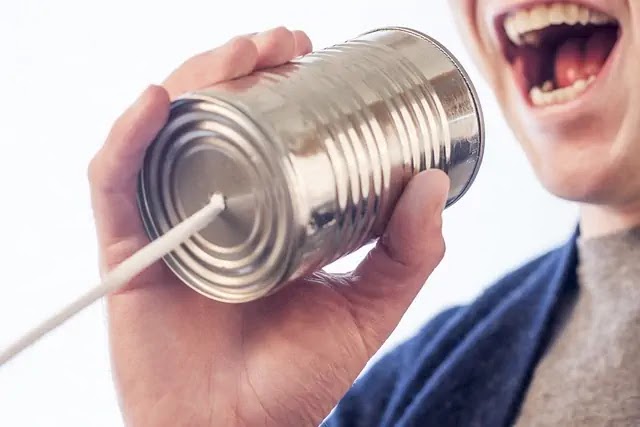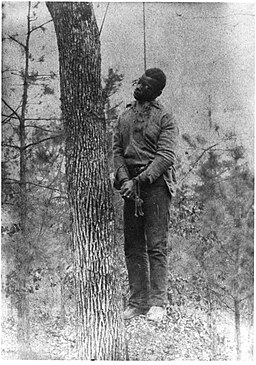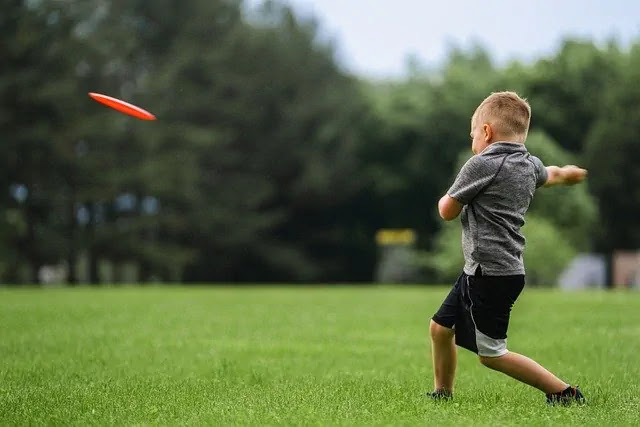I find it helpful to remember that grief is a process, and everybody grieves in different ways. There isn't a "right way" to do it that will apply to everyone. There isn't a set time limit by which you should "get over it." Even the well-known stages of grief we hear about won't be relevant to every person.
Whether you are grieving the loss of a family member, a valued relationship, or your country, you can do it your way. Give yourself permission to take the time you need. Seek support from others, or don't. It is okay not to be okay. And in the case of grief, not being okay shouldn't surprise anybody!



















